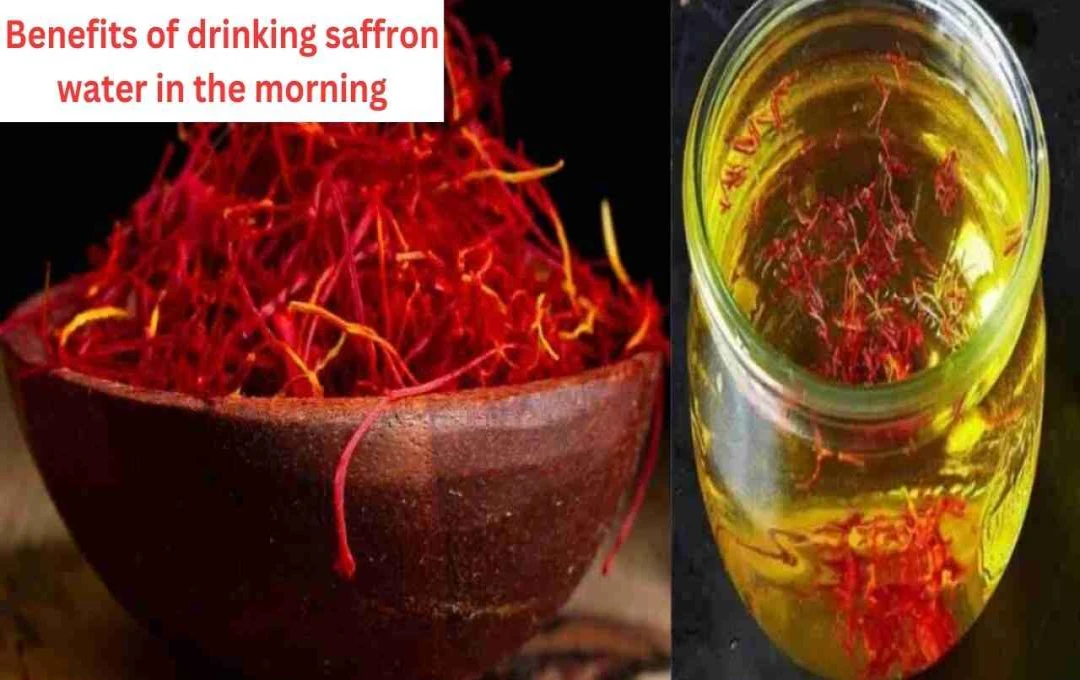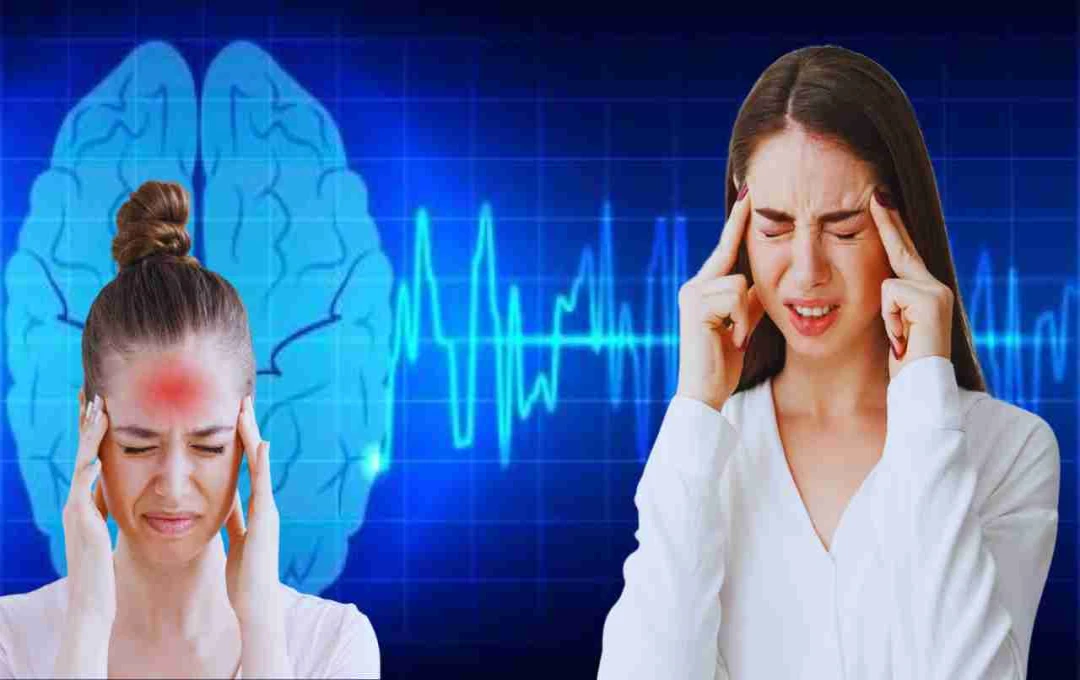In today's rapidly changing lifestyle and dietary habits, obtaining proper nutrition has become crucial. Protein is a vital nutrient for maintaining a healthy and b body. But are you aware that a protein deficiency can severely impact your health? This article details the symptoms of protein deficiency and associated precautions.
The Importance of Protein: Why is it Essential?
Protein is a crucial nutrient, essentially the building block of our body. It helps build and repair muscles, organs, skin, and hair. When we consume protein, our body breaks it down into smaller components, using them to create new cells and repair damaged ones. Without sufficient protein, our body cannot function optimally, leading to various problems.
Furthermore, protein aids in the production of enzymes, hormones, and antibodies. These elements help our body fight diseases and function correctly. Protein deficiency can cause fatigue, weaken the immune system, and impair mental function. Therefore, consuming the right amount of protein daily is crucial for maintaining a healthy and b body.
Key Symptoms of Protein Deficiency

- Constant Fatigue and Weakness: Feeling perpetually tired and weak could indicate protein deficiency. Protein strengthens muscles and provides energy. Lack of protein leads to muscle pain and weakness. Excessive fatigue even after light exertion is a significant warning sign.
- Frequent Hunger or Feeling Empty Stomach: Protein plays a crucial role in regulating appetite. Protein deficiency can lead to a feeling of emptiness, causing frequent hunger. This may result in overeating, yet weight loss can still occur because the body isn't receiving essential nutrients. Protein deficiency also slows wound healing, prolonging minor injuries.
- Sudden Weight Loss: Unexplained rapid weight loss could signal protein deficiency. A lack of protein causes muscle mass loss, leading to weight reduction. Appetite may also decrease, and energy levels may be affected.
- Weak and Falling Hair: Protein deficiency directly impacts hair health. Hair is made of protein; therefore, a deficiency leads to weak, brittle hair prone to breakage or shedding. Increasing protein intake is crucial to prevent further hair problems.
- Dry, Cracked, and Rough Skin: Protein is essential for skin repair and hydration. Suddenly dry, rough, or cracked skin could indicate protein deficiency. Dehydrated skin ages prematurely and may cause itching.
- Weak and Brittle Nails: Nails are also made of protein. Protein deficiency weakens nails, making them brittle and prone to breakage. White spots on nails are another clear sign of protein deficiency.
- Frequent Illness: Protein deficiency weakens the immune system, making the body more vulnerable to viruses and bacteria. This increases susceptibility to colds, flu, and other infections.
Preventing Protein Deficiency

- Consume a Balanced and Nutritious Diet: To prevent protein deficiency, include protein-rich foods in your diet. Milk, yogurt, cheese, eggs, fish, chicken, lentils, nuts, and seeds are excellent protein sources. Daily consumption ensures adequate protein intake. Vegetarians should focus on lentils and nuts.
- Determine Protein Intake Based on Weight: Individual protein needs vary. The generally recommended intake is 0.8 to 1 gram of protein per kilogram of body weight. For example, a 60kg person should consume approximately 48 to 60 grams of protein daily.
- Take Protein Supplements as Advised by a Doctor: If your diet lacks sufficient protein, or if you have a busy lifestyle, consider protein supplements after consulting a doctor. Supplements can help meet your nutritional needs.
- Exercise Regularly: Exercise strengthens muscles and improves protein utilization. Regular exercise enhances overall health and reduces weakness.
- Adopt a Healthy Lifestyle: Incorporate healthy habits, avoid smoking, excessive alcohol consumption, and excessive stress. Prioritize sufficient sleep and stress management. A healthy lifestyle strengthens immunity and improves protein absorption.
Protein is an essential nutrient. Deficiency can weaken and sicken the body. If you experience the symptoms mentioned above, re-evaluate your diet and increase protein intake as needed. Timely action improves health and prevents serious illnesses. Remember, the secret to a healthy body is proper nutrition.














